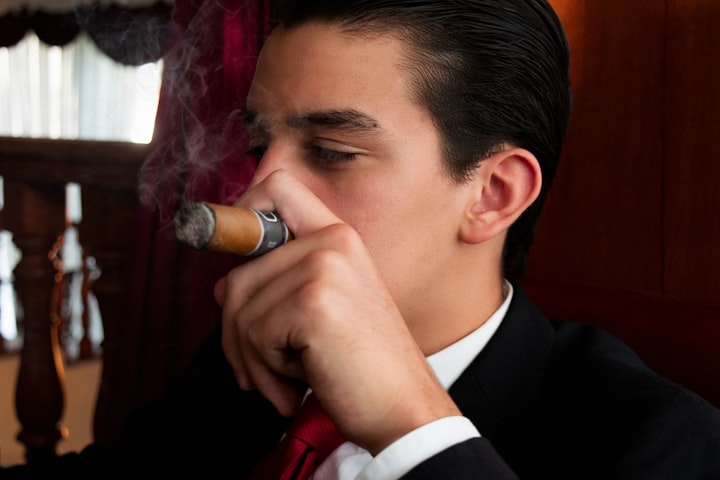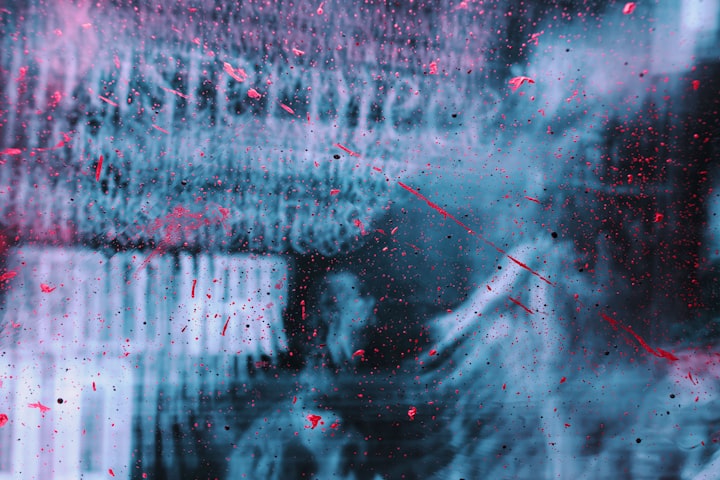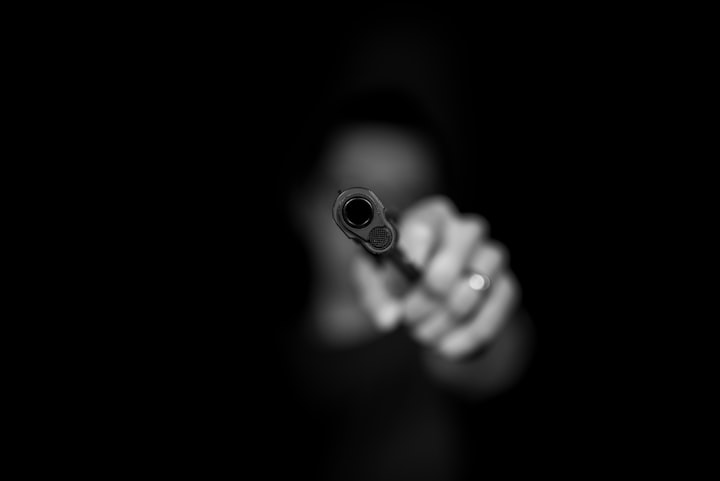
Few criminals are as well-known as Al Capone, the American mobster and gangster who rose to infamy during the Prohibition era. His beginnings were humble, born in 1899 in Brooklyn, New York, to Giovanni and Teresa Capone. He developed a quick temper and a reputation for being a bully which he gained while growing up and attending school. After dropping out at age 14, Capone joined a gang of street thugs, where he learned the ways of criminal enterprise.
In 1919, Capone decided to leave his hometown and move to Chicago, where he quickly rose through organized crime circles. He became involved in illegal activities such as bootlegging, gambling and prostitution. Capone eventually came to lead a vast gang of criminals, and soon he had become one of the most notorious and powerful mobsters of the era.
Capone’s success was largely due to his well-organized and savvy business approach. He collaborated with politicians, law-enforcement and other organized crime figures, in order to illicitly increase his dominions. He was also an influential public figure, having a fondness for giving back to his community, from providing Chicago children with Christmas gifts to opening soup kitchens for the less fortunate.
Despite his growing wealth and power, however, the law was quick to catch up with”Scarface” Al Capone and his crime associates. In 1931, he was arrested and convicted of lesser charges such as tax evasion and was sentenced to 11 years in prison. While in custody, his health steadily declined, leading to his release in 1939 on the terms of good behavior.
Having been removed from his criminal activities, Capone relocated to Miami in 1940, where he lived out the remainder of his life in relative seclusion, until his death in 1947.
Throughout his life, Al Capone inspired numerous books, TV shows and even feature films, making his influence and notoriety far from forgotten. Thanks to his unique story and antics, he’ll be remembered for generations to come as one of the world’s most renowned and colorful criminals.
Pablo Escobar, born on December 1, 1949 in Rionegro, Colombia, was one of the most infamous and violent drug lords of all time. Through the power he gained and wielded by way of drug trafficking, he vaulted himself to the level of privileged demigod from his humble beginnings as a working-class poor kid from the slums. During the 1970s and 1980s, Escobar had built a large criminal empire and was named the seventh-richest man in the world, with an estimated net worth of over $30 billion.
By trafficking narcotics, Escobar and the Medellin Cartel made a considerable amount of money. Early on, Escobar and his associates began smuggling cocaine in suitcases and moving it from Colombia to Mexico, where Mexican cartels then smuggled it into the United States. At its peak, the Medellin Cartel had up to 10,000 drug mules transporting cocaine on a daily basis.
During his time, Escobar’s violent methods included paying off corrupt local officials, killing police officers, and attempting to eliminate opposition. He was responsible for the 1989 murder of Colombian Presidential candidate, Luis Carlos Galan, as well as the bombing of several civilian planes. Additionally, Escobar donated millions of dollars to charity, earning him a reputation of a kind hearted outlaw rather than a criminal. He used his reputation and money to get elected to Colombia’s Congress in 1982, although many considered him to be virtually untouchable by the law at this time.
Following his election to Congress, Escobar’s reign of terror suffered a major blow as the Colombian government began targeting him and his drug empire with extradition laws in order to try him in the United States. This led to violent retaliation from Escobar, resulting in the death of hundreds of police officers and politicians during the late 1980s.
In the end, Pablo Escobar was killed by the Colombian National Police in 1993 during a gunfight at his hideout in Medellin. Despite his death, his legend still looms large in the world of drug trafficking and organized crime. His dark legacy has had a lasting impact on the world and his name will forever be synonymous with ruthlessness, power and corruption.






Comments
There are no comments for this story
Be the first to respond and start the conversation.